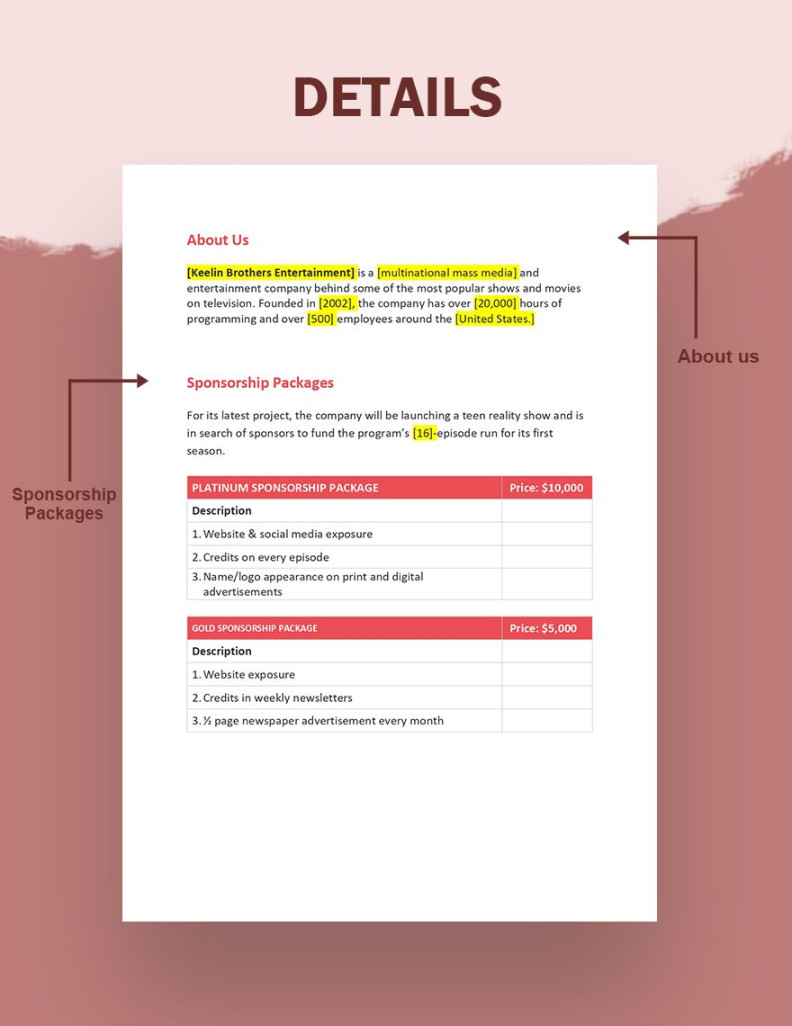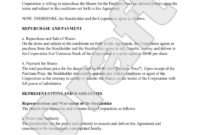A TV show sponsorship agreement is a legally binding document that outlines the terms and conditions of a sponsorship deal between a television show and a brand or company. This agreement ensures that both parties understand their obligations and benefits, protecting their interests and preventing misunderstandings.
Key Components of a TV Show Sponsorship Agreement

1. Parties Involved: Clearly identify the parties involved in the agreement, including the name of the television show, production company, and the sponsoring brand or company.
2. Term of the Agreement: Specify the duration of the sponsorship agreement, including the start and end dates.
3. Scope of Sponsorship: Outline the specific elements of the sponsorship, such as product placement, commercial time, brand integration, or other promotional activities.
4. Consideration: Define the compensation that the sponsoring brand or company will provide to the television show in exchange for the sponsorship. This may include cash payments, product donations, or other forms of value.
5. Intellectual Property Rights: Address the ownership and usage rights of intellectual property, such as logos, trademarks, and copyrights, involved in the sponsorship.
6. Exclusivity: Determine whether the sponsorship is exclusive, meaning the sponsoring brand or company has exclusive rights to promote their products or services within a specific category or time frame.
7. Warranties and Representations: Include warranties and representations from both parties, such as statements regarding the quality of the television show and the authenticity of the sponsoring brand or company.
8. Indemnification: Specify the indemnification obligations of each party, which may include compensating the other party for losses or damages arising from breaches of the agreement.
9. Confidentiality: Address the confidentiality obligations of both parties, requiring them to keep information related to the sponsorship agreement confidential.
10. Governing Law and Dispute Resolution: Specify the governing law that will apply to the agreement and the dispute resolution mechanism, such as arbitration or litigation.
11. Assignment and Novation: Address the ability of either party to assign or novate their rights and obligations under the agreement.
12. Force Majeure: Include a force majeure clause that excuses performance of the agreement in the event of unforeseen circumstances beyond the control of either party.
13. Entire Agreement: State that the agreement constitutes the entire understanding between the parties and supersedes any prior or contemporaneous communications.
Design Elements for a Professional TV Show Sponsorship Agreement
To convey professionalism and trust, consider the following design elements:
Clear and Concise Language: Use plain and straightforward language that is easy to understand. Avoid legal jargon that may confuse the parties.
By carefully considering these components and design elements, you can create a professional TV show sponsorship agreement that effectively protects the interests of both parties and fosters a successful partnership.


